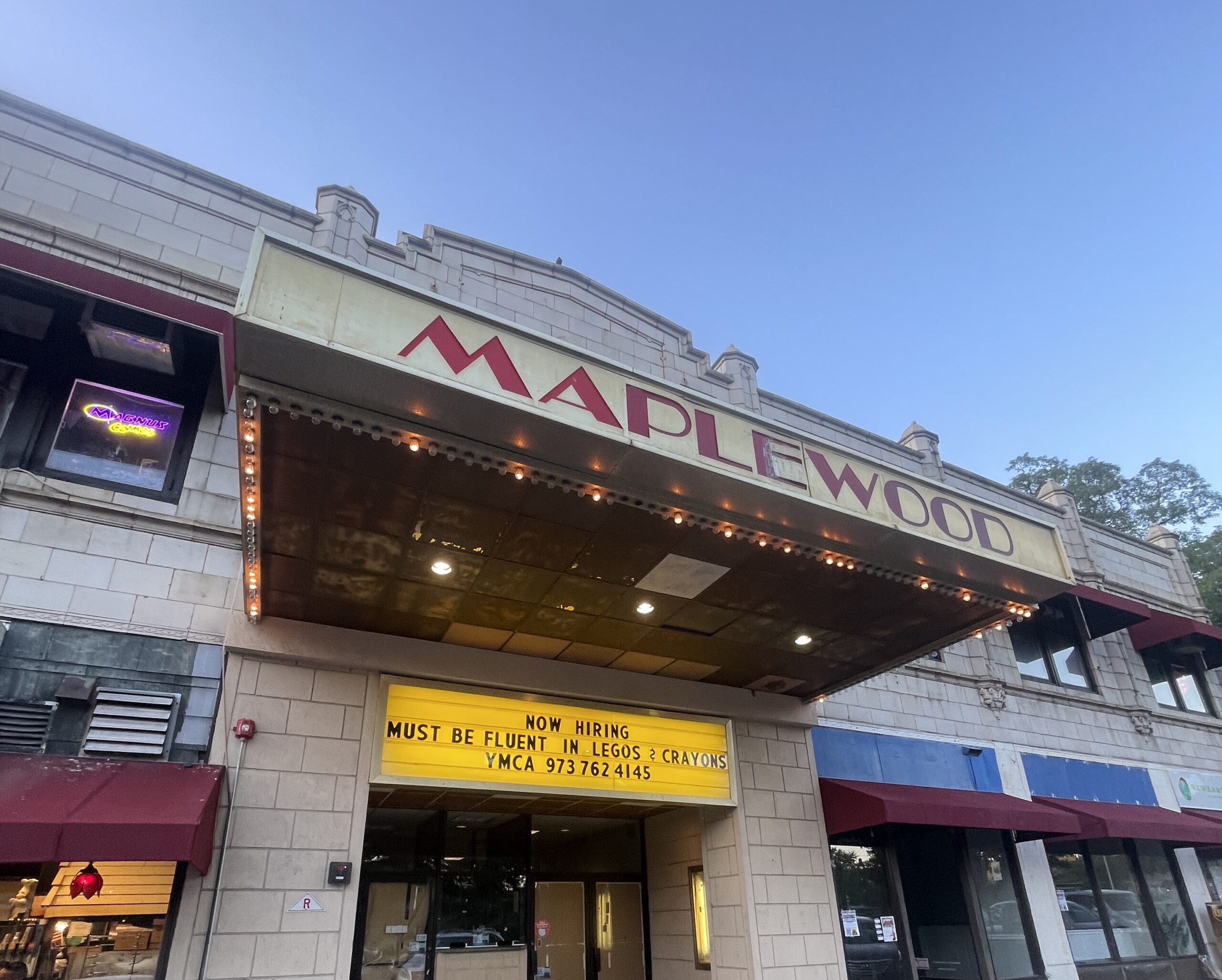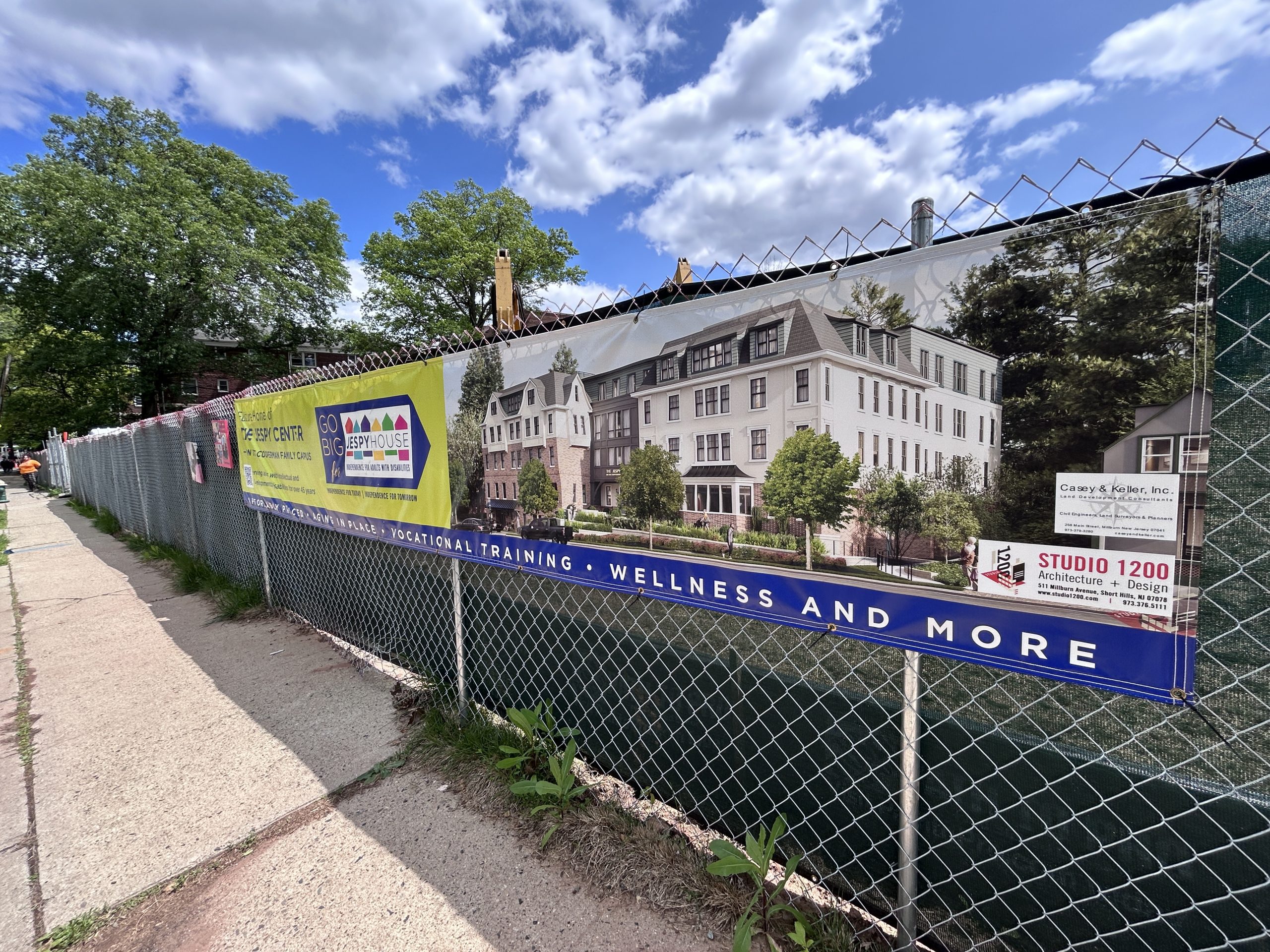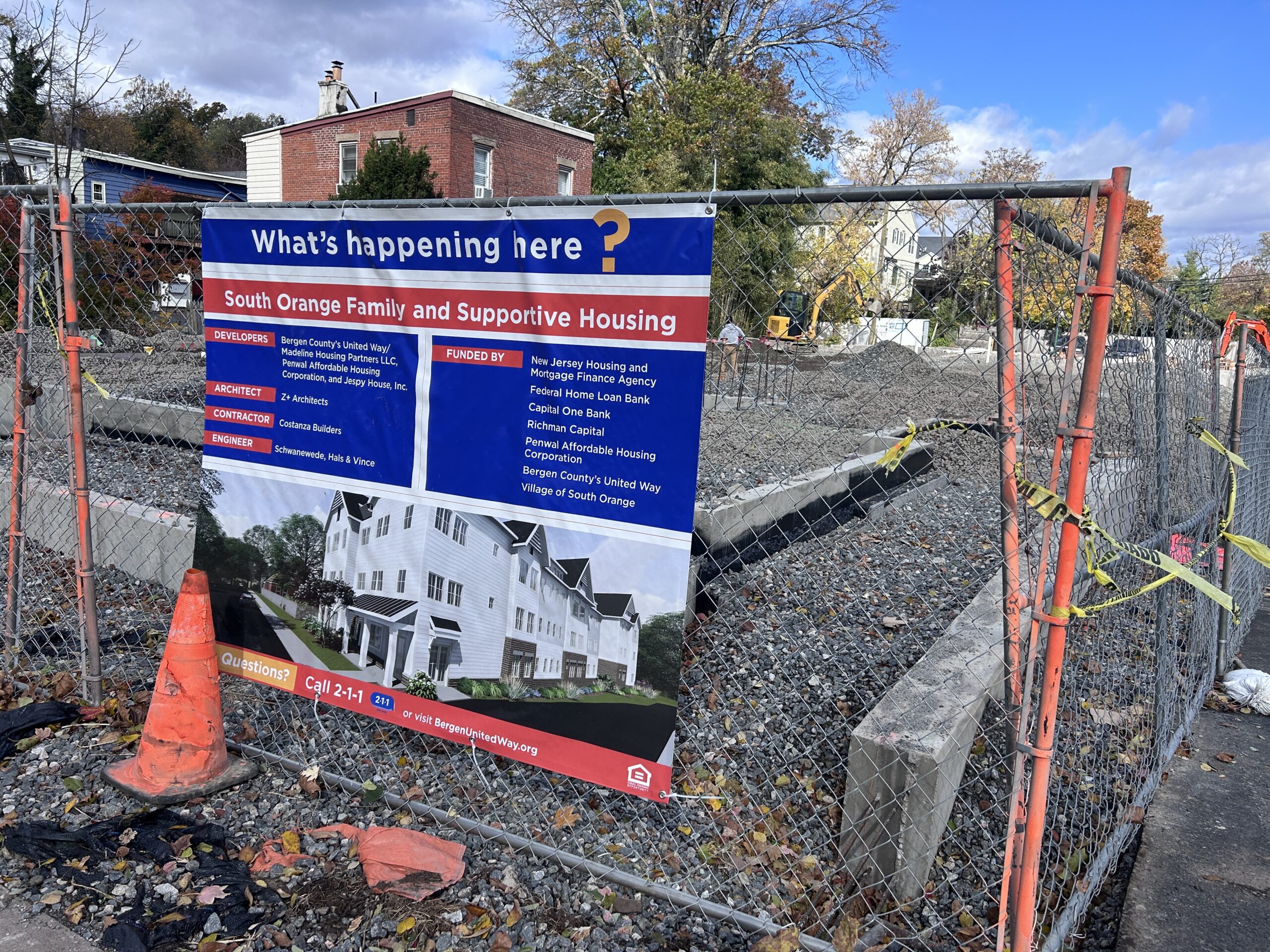Editor’s note: This story is part of the NJ 2025 Reporting Fellowship, in collaboration with 15 local and community news organizations, the Center for Cooperative Media at Montclair State University and NJ Spotlight News. The stories in this collaboration focus on immigration, education, healthcare, the economy and environment from the perspectives of diverse communities in New Jersey.
Unlike a lot of increasingly unaffordable towns in New Jersey, Maplewood and South Orange have been on board with adding affordable housing – working to meet or exceed the state-mandated Fair Share Housing obligations, because municipal leaders see it not only as a moral obligation, but also as an equity issue.
“We’re going to achieve our goals because it’s the right thing to do,” South Orange Mayor Sheena Collum said in a recent interview with The Village Green. “If we didn’t, what a bad look that would be for a community that prides itself on progressive values.”
In Maplewood, “our brand is inclusion. We’re not just diverse, but inclusive. We have always stood for that, and we’ve also always been leading with a housing-first approach,” Township Committee Member and former mayor Dean Dafis also told The Village Green.
Affordability in New Jersey – especially in the New York City metropolitan area – is a perennial issue and is among the pressing concerns the next governor will face, along with school aid cuts and the loss of federal funding for social safety net programs. Locally, the affordability issue is seen in other ways as well: the school district is preparing for the “fiscal cliff”, and food assistance provider MEND has recently lost $150,000 in federal funding while also experiencing a surging need at area food pantries. Homelessness is also growing in the suburbs, leading Maplewood to contract with a non-profit organization to provide support for the homeless, including a Housing First prevention program that helps people who are facing eviction stay in their homes. Maplewood is also working to rewrite its 30-year-old rent control ordinance and recently updated part of it so that units don’t become de-controlled when people leave.
The affordability issue in New Jersey is not new. In 1975, with what is known as the Mt. Laurel Doctrine, the NJ Supreme Court prohibited municipalities from zoning to exclude low-income housing and that they have an obligation to provide their “fair share” of the regional need for affordable homes. During the decades that followed, enforcement was handled by a state agency or the courts, with obligations recalculated in “rounds” every 10 years. In 2024, the state passed Fair Share Housing legislation that took enforcement out of the courts, streamlined the process and encouraged towns to find creative ways to address affordable housing.
In early October, a New Jersey Superior Court judge dismissed a lawsuit filed in September 2024 by three dozen towns that wanted to overturn the state’s new legislation, saying the mandates exceeded the obligations established by the Mt. Laurel decision.
After the court dismissed the case, Josh Bauers, director of Exclusionary Zoning Litigation for Fair Share Housing Center, who argued for the the dismissal, issued a press release stating, in part, “It’s outrageous that a handful of wealthy towns are spending hundreds of thousands of dollars in taxpayer money trying to block the affordable homes New Jerseyans desperately need.”
He also stated that “thanks to New Jersey’s new affordable housing law…a record 423 towns adopted and filed Housing Element and Fair Share Plans (HEFSPs)’ and are “embracing New Jersey’s new law and using it to build homes in ways that work best for their communities.”
Both Maplewood and South Orange leaders decried that lawsuit and committed to meeting their obligations.
For what is referred to as the “fourth-round,” Maplewood is obligated to create 216 affordable units and South Orange is obligated to create 163 by 2035. In both towns, and others like them, where there’s very little empty land or room to grow out, leaders say making room for any additional housing is a challenge, but they are determined to do it.
“Maplewood has always lived up to its responsibilities,” Victor De Luca, also a former mayor and the Township Committee’s liaison to the Affordable Housing Board, told the Township Committee in January. “It’s been a leader in this. And we feel that 216 units over the next 10 years is a goal we can work for.”
Calling the creation of affordable housing a “moral obligation,” South Orange Mayor Sheena Collum said she is proud that South Orange was the first town in New Jersey to turn in its new affordable housing plan to the state and have it accepted without objections.
In a recent interview with The Village Green, Collum said that because of projects already in the works, she thinks South Orange can achieve its goals for affordable housing for low and moderately-low income within a few years and can start working on housing for the “missing middle” – those at 60-80% of area median income, which includes teachers and others who work in South Orange and Maplewood.
“I would love to see a residency preference for teachers and those who work in our town – to take care of the ‘missing middle,’” she said.
While applauding the town’s commitment to making South Orange more affordable, Collum said that South Orange “has a checkered history of not building affordable units…and now we’re playing catch up.”
By letting other communities pick up the slack and by using overlays to reach its obligations years ago, she said, South Orange had shirked its fair share housing responsibilities in decades past. In May, she described the use of overlays, still used by some towns throughout the state, as “voodoo zoning,” saying she is not a fan.
“Orange Lawn Tennis Club, at one point, was used by South Orange as an example of where there would be a lot of density and affordable housing units,” she said at the meeting. “South Orange had also previously used the quarry as a place to say ‘this is where we’re going to put our affordable housing obligations.’ And we know how that turned out. There are million-dollar townhomes there.”

When housing gets built in Maplewood Theater Redevelopment area, developers will have to set aside 20% of the units as affordable, leaders say.
In towns like South Orange and Maplewood, leaders say, the biggest challenge to bringing in affordable housing is a lack of land. The route to affordable housing is to create new infill multi-family homes and apartments and to get creative through redevelopment, zoning and programs that help turn single family homes into multifamily homes.
“We have worked with non-profit organizations to create affordable housing; negotiated agreements with for-profit developers to set aside units as affordable for 30 years; and arranged for the purchase and renovation of a one-family home and a condominium that were resold as affordable to two eligible families,” De Luca told The Village Green.
Both South Orange and Maplewood also have ordinances on the books that allow Accessory Dwelling Units (ADUs), also known as “granny flats,” to be built on private property. Maplewood also started a shared housing program that officials see as another way to help seniors age in place and provide affordable housing to younger people.
They are also both working on projects that are 100% affordable, with Maplewood working with an affordable housing developer to find space for about 50 units, and shovels already in the ground on a couple of projects in South Orange, including a 46-bed JESPY Center project, in which all the units will be affordable, including 20 units for adults with disabilities to age in place.

A rendering of the future JESPY Center in South Orange, where all of the units will be affordable. (Photo by Laura Griffin)
One potential project that could create numerous affordable housing is the development of a parking lot owned by NJ Transit near the South Orange Train Station. South Orange has been trying to persuade NJ Transit to partner with it on constructing a transit-oriented apartment building with train station parking on the lot. However, Collum recently said, the town’s talks with NJ Transit have stalled.
“It could be a very transformative project, but unfortunately, we’re not getting the movement from New Jersey Transit that we would like to see on something that we’ve been trying to advance for 10 years now and perhaps even prior to my time,” she said. “Surface parking is the lowest and worst use of land that you can see in a town.” transit-oriented residential project in the NJ Transit parking lot.”
Having a mixed use and mixed income residential and commercial building, that includes parking, would also help downtown businesses thrive, she said.
Both South Orange and Maplewood increased the percentage of units that developers have to set aside as affordable to 20%, and with Maplewood just recently doing so, the policy will apply to the downtown Movie Theater Redevelopment area, De Luca said.
In all the ways South Orange and Maplewood want to create housing, officials are looking for developments that will create housing for a mix of incomes, including very low, low and moderately low.
For some, especially in towns that have been fighting affordable housing, there is a stigma and a misconception of that goal, said Dafis, who travels the state talking about these issues in his role as the director of Eviction and Homelessness Preventions with the New Jersey Department of Community Affairs.
“The way that they think about this is, ‘Oh my God, a big bad developer’s gonna come in and put a big ugly public housing unit in your suburban charming tree-lined town,’” Dafis said. “That’s just not what we’re talking about here.”
“Affordable housing is not just low-income housing, it’s also housing that’s supportive for people with special needs. It’s senior housing. It’s home ownership opportunity for first-time buyers, like young people who can’t afford to come back to the community they grew up in,” he continued. “It’s workforce housing for our teachers, for the people who support our restaurants. They’re coming from hours away to make our businesses work because they can’t afford to live here.”

The site on Thrid Street for South Orange Family and Supportive Housing, under construction in October 2025. (Photo by Laura Griffin).

